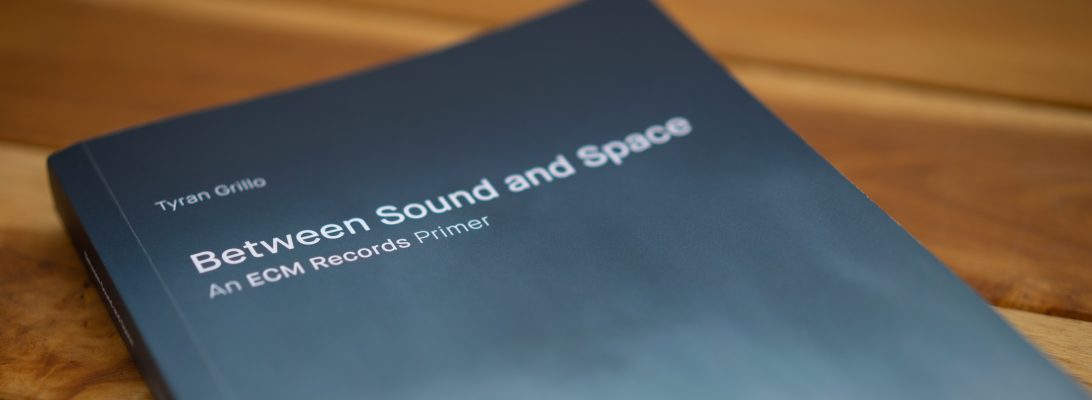Dave Holland Quintet
Seeds of Time
Dave Holland bass
Steve Coleman alto and soprano saxophones, flute
Julian Priester trombone
Marvin “Smitty” Smith drums, percussion
Kenny Wheeler trumpet, cornet, pocket trumpet, fluegelhorn
Recorded November 1984 at Tonstudio Bauer, Ludwigsburg
Engineer: Martin Wieland
Produced by Manfred Eicher
Seeds of Time presents the Dave Holland Quintet in arguably its finest incarnation. With Kenny Wheeler blowing brass, Marvin “Smitty” Smith on drums, Julian Priester on trombone, and Steve Coleman on reeds to enlighten the senses at every turn, one simply can’t go wrong with this date. For me its brightest stars are Wheeler and Coleman, both of whom paint the album’s most vivid scenes. Coleman’s transportive alto lights up the night against Holland’s metronomic click in “Uhren” before Wheeler pushes us into the deep end, where swims a school of extracurricular percussion. This fantastic start keeps expectations high, though these are ultimately surpassed by what follows. “Homecoming” is another jubilant enterprise, which turns on every dime dropped from Holland’s strings along its precisely winding road. The tightly wound horns unleash one engaging phrase after another, Wheeler in particular kicking up the solo-verse up a notch or two. Holland also punches his time clock with a tight diversion. “Perspicuity” introduces Coleman’s flute into a lacier matrix as Holland walks on air. The opening of the “Celebration” that follows speaks from beyond our time with the voice of an era wrapped in gold. Some of the grooviest bass work around can be found on this track as Holland runs up and down the stairs of an architecture that is purely his own. The title couldn’t be more apt, for celebration is exactly what this formidable band brings to the table every time. “World Protection Blues” seems also to come from a distant time, only now from the future. The quintet builds to fever pitch as lines and spaces fill out one another into a solid color of wonder. A noteworthy solo from Priester to boot, positively swinging with rounded edges. “Gridlock (Opus 8)” is a working argument of modern anxiety. Its confrontations of flesh and technology, of mobility and imprisonment, are cracked open like a forgotten blue egg from the robin’s nest of the Art Ensemble of Chicago. Coleman dances on air as the band takes flight from a hard bop defenestration. Smith’s back-and-forth action here is a high point in the Holland archive. The funkier lines and cowbell-infused gait of “Walk-A-Way” leaves us blissfully prepared for “The Good Doctor.” Here Holland slinks in like a panther into a caravan of flute and horns. “Double Vision” ends on a high note, lassoing our attention (as if the album hasn’t already) to an electrifying hitching post. After the opening blast Wheeler launches forth as Holland and Smith hold down Fort Groove. A flick of register gives us a wormy soprano sax solo, positively soaring over Holland’s firm grounding.
The energy of this music is such that we find ourselves lost in every contortion of its features. Holland is no holds barred without being aggressive, direct without being confrontational, straightforward without ever being staid. Each successive album only seems to further energize his band mates, and with Seeds of Time we know firsthand how he can do the same for his listeners.
A must-hear for those who take their coffee with excitement.
<< Oregon: Crossing (ECM 1291)
>> Gary Burton Quartet: Real Life Hits (ECM 1293)


